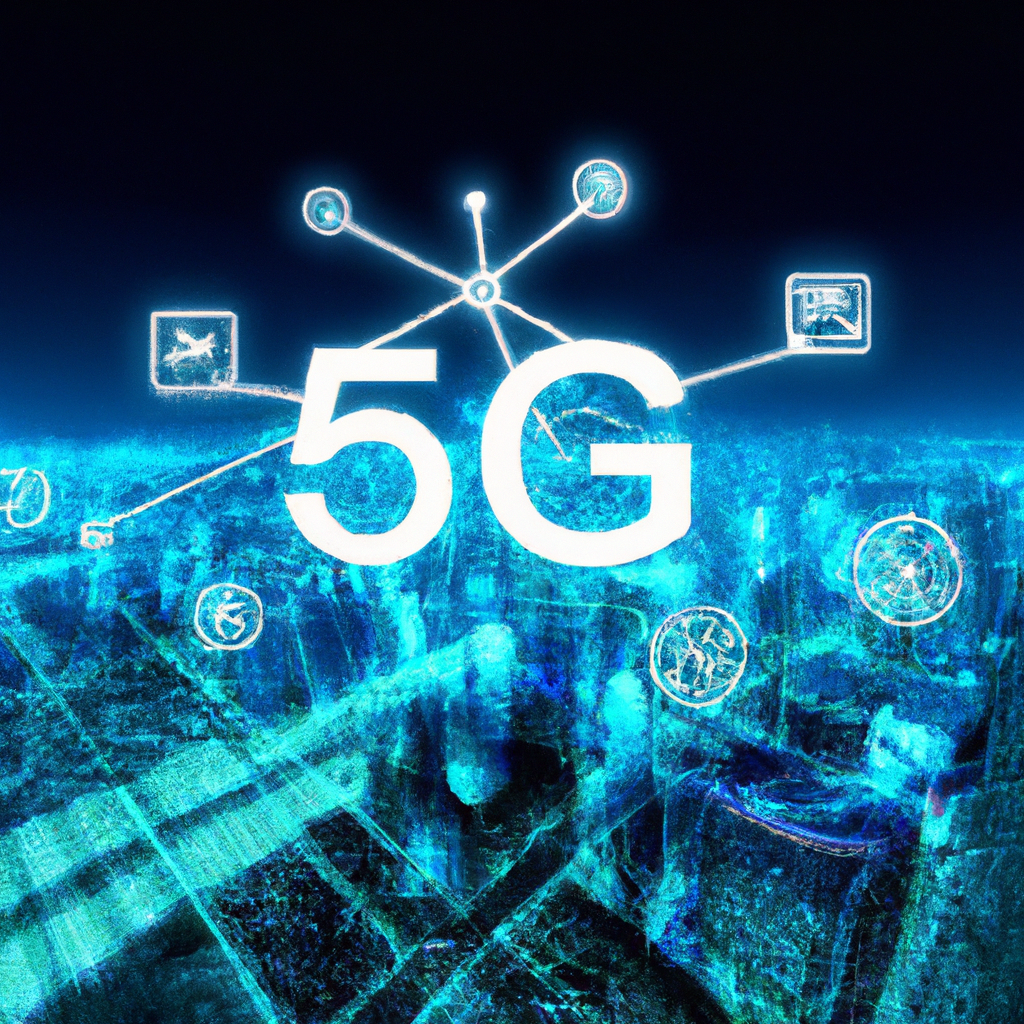5G Technology: The Future of Mobile Connectivity
With the rapid advancement in technology, the world of mobile connectivity is constantly evolving. The introduction of 5G technology is set to revolutionize the way we communicate and interact with the world around us. In this blog post, we will explore the future of mobile connectivity with 5G technology.
What is 5G Technology?
5G is the fifth generation of wireless technology that promises lightning-fast internet speeds, lower latency, and greater capacity for devices to connect simultaneously. This next-generation technology is expected to provide download speeds of up to 20 gigabits per second, making it significantly faster than the current 4G networks.
Benefits of 5G Technology
- Increased Speed: 5G technology will offer faster download and upload speeds, allowing users to download movies and large files in a matter of seconds.
- Lower Latency: With lower latency rates, users can expect a more responsive and seamless experience while streaming videos, gaming, or making video calls.
- Greater Capacity: 5G networks will have the ability to support a massive number of connected devices simultaneously, making it ideal for the Internet of Things (IoT) devices.
- Improved Connectivity: 5G technology will ensure a more reliable and stable connection, even in densely populated areas where network congestion is common.
The Impact of 5G on Various Industries
5G technology is expected to have a significant impact on various industries, including:
- Healthcare: Telemedicine services will be improved with 5G technology, enabling real-time remote consultations and diagnosis.
- Automotive: 5G will play a crucial role in the development of autonomous vehicles, enabling faster communication between vehicles and infrastructure.
- Manufacturing: The use of 5G technology in manufacturing processes will lead to improved automation, efficiency, and productivity.
- Entertainment: 5G will enhance the streaming experience by offering high-quality video and audio content without buffering.
Challenges of 5G Technology
While 5G technology promises numerous benefits, there are also challenges that need to be addressed:
- Infrastructure: The rollout of 5G networks requires significant investment in infrastructure, including new cell towers and equipment.
- Security: With the increase in connected devices, there is a growing concern about cybersecurity risks and data privacy issues.
- Regulatory Hurdles: Some countries still need to allocate spectrum and develop regulatory frameworks to support 5G technology.
Conclusion
In conclusion, 5G technology holds the promise of transforming mobile connectivity and ushering in a new era of innovative services and applications. While there are challenges to overcome, the potential benefits of 5G technology are vast and will undoubtedly shape the future of communication and technology. As we move towards a more connected world, 5G is set to play a crucial role in unlocking new possibilities and driving technological advancements across various industries.
